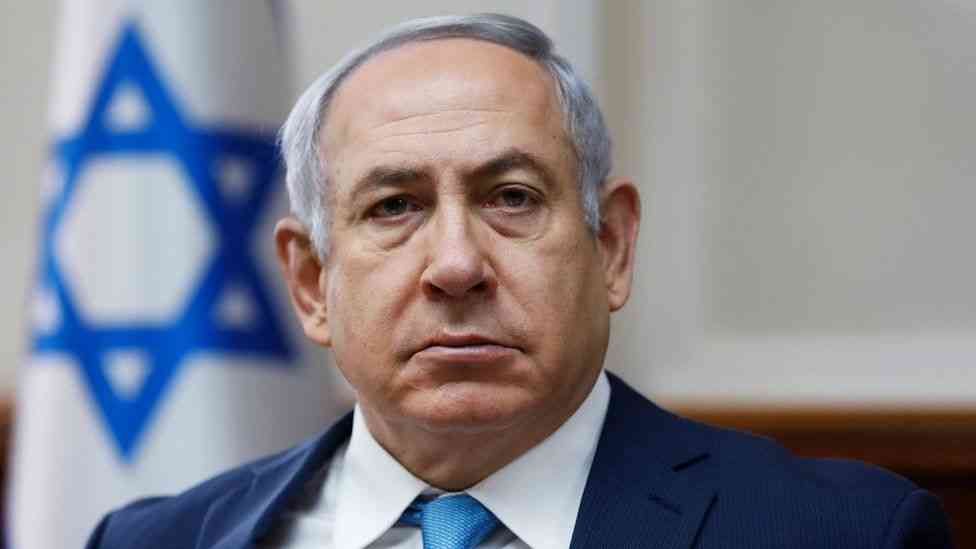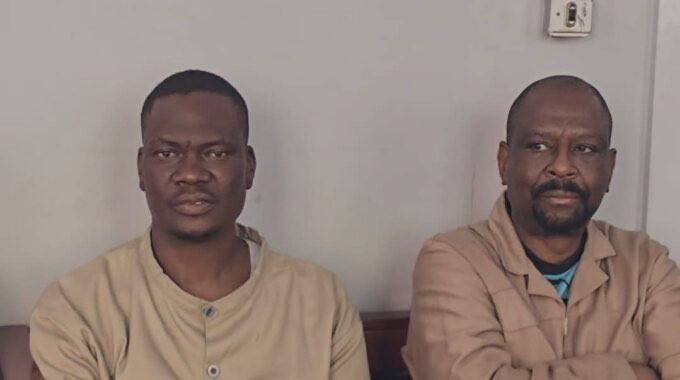
IT is easy to appreciate why, in Southern Africa, attitudes of students, converts, veterans and sympathisers of what one can loosely term ‘liberation politics’ usually oscillate between empathy and suspicion when it comes to Palestinian Arabs of Gaza and the West Bank.
This is said from credible historical empirical evidence. Identifiable resistance in the region to the Israeli occupation of Palestinian territories emerged in the early 1960s, in the same era as African nationalist resistance against British, French and Portuguese colonialism.
At the time, the Palestine Liberation Organisation (PLO) would easily have had indisputable observer status at the Organisation of African Unity (OAU) liberation committee, based purely on shared resistance commonalities. Moreover, when Zimbabwe, Mozambique, Angola, South Africa and Namibia were engaged in colonial and post-colonial conflicts later in the 1970s, some African combatants would collaborate with PLO militants, especially those guerillas deployed for training in Libya, Algeria and Egypt.
Sea change
However, in the past two decades, something seems to have changed. Bad governance, economic turmoil and toxic politics have caused a massive movement of sub-Saharan Africans to Arab North Africa in the hope of catching boats across the Mediterranean Sea in pursuit of greener pastures in Europe.
Countries like Morocco and Libya bear the brunt of these in-transit illegal immigrants. This results in tension and bad blood. It has ultimately resulted in wide-scale human rights abuses, which some say translates to modern-day enslavement of those Africans unfortunate enough to land in the Middle East.
Mixed emotions
Black, largely Christian Africa – south of the Sahara – has not taken this lightly. At times there are reports of forced deportations to the countries of origin, or death, causing soured relations between Arabs and Africans. The government of Zimbabwe has had to repatriate stranded citizens desperate to escape from inhumane treatment in Arab countries.
- Sadc meets over water, energy and food security
- Opposition loses hope on reforms
- A regional approach is needed to address the electricity problem
- Anti-sanction music gala unites artistes
Keep Reading
Now that there is a fully-fledged conflagration between Hamas and Israel, there are bound to be mixed feelings about the millions of Arabs in territories under siege by the Israel Defence Forces (IDF).
Ongoing military incursions have resulted in alarming deaths and displacement. On one hand, while the African Union and the rest of Black Africa would want to condemn outright massacre and excommunication of innocent Arabs in Gaza, on the other there are pockets of discontent about Hamas, whose fellow men are associated with the modern-day enslavement of black Africans.
Such sentiments tend to be stronger in Southern Africa, where Islam is yet to take root, than in East, West and North Africa. Besides, most Southern African Development Community (Sadc) member states procure fossil fuels from Arab countries, thus this dependency factor is bound to neutralise any appetite for objective criticism. The current Arab-Israeli war is a polarising phenomenon for Southern Africa.
South Africa sits apart
Yet there are reasons why many Sadc member states do not share the same ‘hatred’ of Israel as, say, South Africa. Israel, with the overt complicity of the United States of America, is on course to avenge the death of thousands of Jews who were killed in the recent Hamas attack.
Ordinarily such an action would attract sympathy from human-rights-conscious Southern Africa. However, even if Israel itself has no known history of officially colonising Africa, two conflicting opinions are clearly emerging in Southern Africa: one opposing, another sympathetic towards Israeli military incursions into Gaza.
If you follow South African foreign minister Naledi Pandor closely, her country’s pro-Palestine stance is heavily influenced by what she portrays as colonial bully behaviour by Israel.
Netanyahu support of Sadc countries
Those at the extreme end of this view term it ‘Israeli apartheid in Palestine’. There has so far not been a ‘solidarity vote’ within the Sadc bloc, yet to all intents and purposes, condemnation of Hamas by other member states is ambivalent.
Zimbabwe’s condemnation of Hamas has not been too loud either, for good reason.
In the past decade, Israeli Prime Minister Benjamin Netanyahu has visited several countries south of the Sahara – visits which have yielded agricultural and technology joint ventures.
One or two Israeli tech companies have in the past also been associated with electoral misdemeanours in Zimbabwe, thus it is understandable why condemnation of Israel is limited to calls for ‘peace building’.
Israeli drip irrigation systems are popular in Southern Africa, while companies from the same country are known to have assisted in ICT and defence.
Israel itself is aware of its critical mass both at the United Nations and at the African Union level.
Whenever any African country attempts to support a UN resolution against it, Israel immediately suspends trade cooperation with that country – as it did with Angola in 2017, when its settlements were condemned, according to a report by Ronen Zvulun of the Middle East Institute.
Though it may be fair to assume that most Sadc member states have a common bond of liberation politics, repression and oppression with Palestine, some do not share the ‘hatred’ that South Africa portrays for Israel.
Naledi Pandor might as well be the proverbial poster girl of the Boycott, Divestment and Sanctions campaign against Israel in Southern Africa, but only because her country is developed enough to afford it.
Sadc’s other member states are desperate for trade and technology cooperation, and Israel is too keen to offer that for a sympathy vote in the UN Security Council.
So, for now, as the war rages on in Gaza, Southern Africa’s empathy for Palestine Arabs will remain ambiguous. It is not that they do not care, but that, at times, economics is more important than politics.
- Ngwenya is a liberal political commentator based in Harare, Zimbabwe. This opinion piece was originally published by The Africa Report on October 23, 2023.











